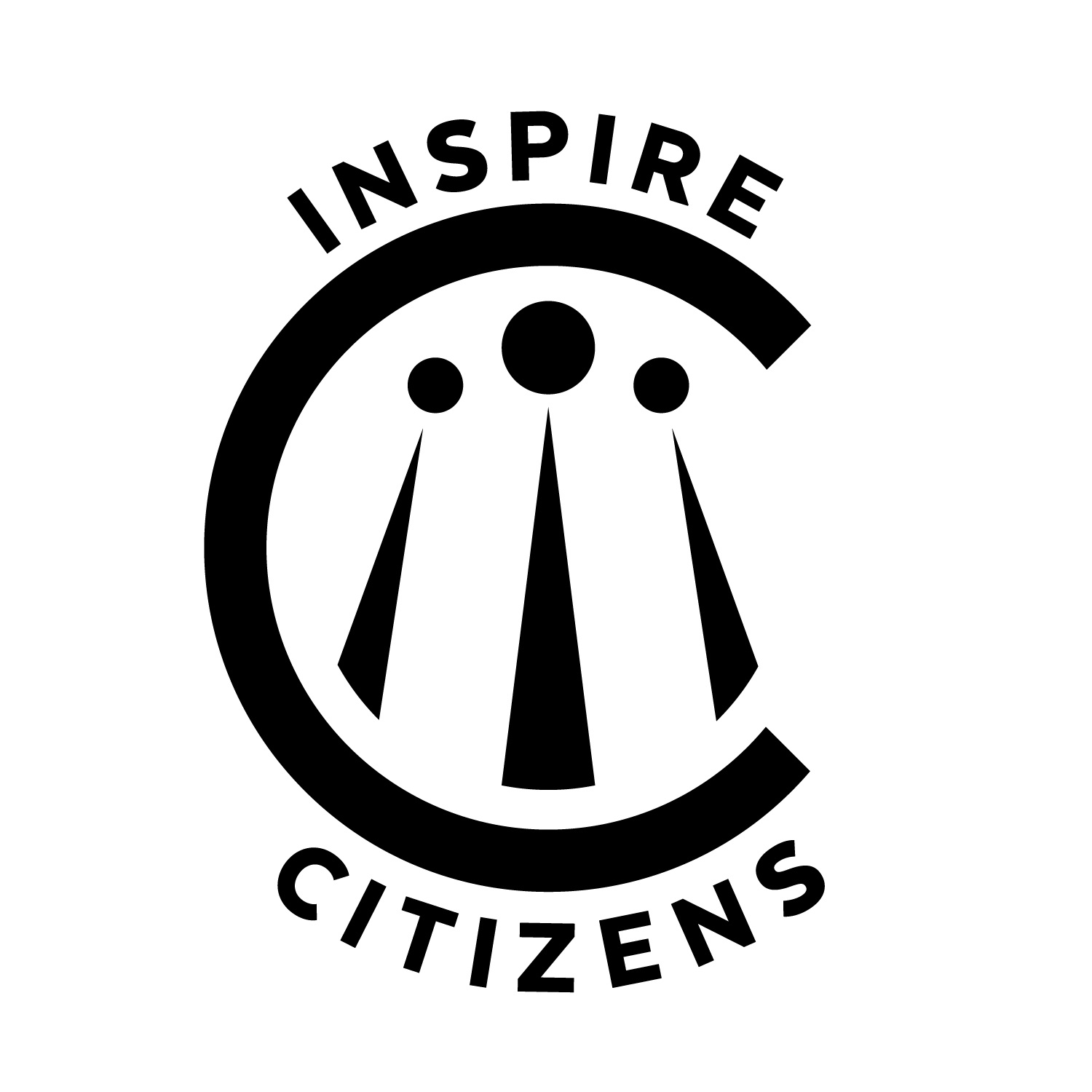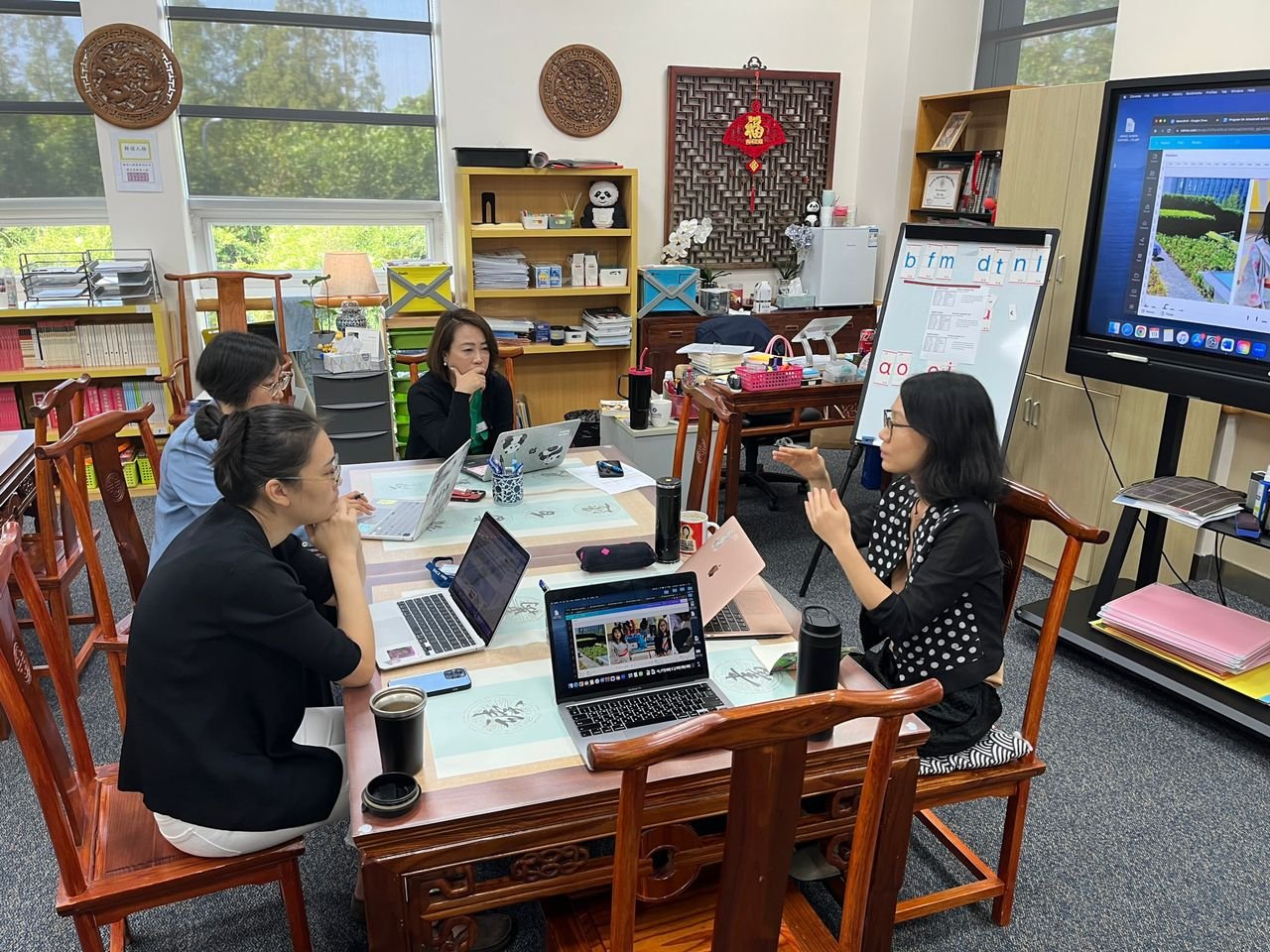All Aboard: How A Unified Approach Plays a Key Role in Dramatically Improving A Language Learning Program
While many schools in the post-pandemic era might be regrouping to make the best of their circumstances, Concordia International School Shanghai is decidedly committed to exploring new territory.
Members of the Concordia International School Shanghai Chinese Language Learning Team have developed an innovative approach that integrates contemporary social studies perspectives and classical Mandarin Chinese language learning.
Director of Mandarin Jenny Yuhong Tang explains that a shift in the school’s population is driving educators and institutional leaders to address specific contextual realities. Thus, they have reimagined Mandarin language education in the 30-year-old school in the heart of Shanghai’s Pudong New Area. “We needed to adapt to the new norm,” Jenny explains.
Seeing the New Normal as a New Opportunity
The task of recognizing and responding to demographic trends in the school has, in fact, united frontline educators and leadership alike to develop a more relevant curriculum. And there is strong evidence that it is delivering exactly what stakeholders need.
With exceptional clarity, Jenny describes the vision of Concordia’s Mandarin studies approach as threefold: “Students learn Mandarin,” she explains. “And they learn about Mandarin. And they learn through Mandarin.” The three-fold approach opens the path to a much more holistic approach and - importantly - meaningful outcomes for students.
Identifying Supporters
This undertaking has been supported to a great extent by resources and ideation offered by Inspire Citizens co-founder and educational consultant Aaron Moniz. “We really enjoy working with him,” says Jenny. “He’s exceptional at helping find outside support for what we’re doing. Aaron has connected us to schools in Beijing and other cities in China. He’s so helpful.”
Importantly, Jenny affirms Aaron’s role in directly reinforcing the efforts of classroom educators as they seek to implement changes in the curriculum. “He communicates with our teachers very well,” says Jenny. “They really enjoy working with Aaron because he is so knowledgeable and supportive.”
Chief among the upgrades that Aaron has helped to bring about, Grades 7 and 8 Chinese Language Literature (CLL) teachers are integrating global issues into their unit planning. In an approach that is not so traditional for a language learning class, students are guided through specific reflective stages of learning and responding: Think, Realize and Put Into Action.
Jenny describes the vision of Concordia’s Mandarin studies approach as threefold: “Students learn Mandarin.. And they learn about Mandarin. And they learn through Mandarin.”
Anchoring Innovations in Educational Standards
Seizing the opportunity to revitalize Chinese Language and Literature curriculum, Jenny and the teaching team drew upon the C3 common core standards which emphasize inquiry-based learning. With linkages to the UN Sustainable Development Goals, Concordia’s team of educators framed units with meaningful essential questions leading to more universal essential understandings.
“The approach that Concordia’s Chinese Language Literature program is taking is truly unique,” says Aaron. “I’m not aware of any other school in the world that is advancing mother-tongue education in the direction of action or service to this extent.”
Having recently visited the team at Concordia, Aaron credits the effectiveness of the revamped curriculum to a commitment to action or service that is integrated into each unit’s design. There are now 6 upgraded units being taught in 7th and 8th grade. Teachers are actively reflecting on the outcomes and making refinements as they build repeatable frameworks that will serve everyone well going forward.
Finding New Reasons to Learn Language
Jenny says that, from her point of view, the outcomes are astonishing. The intentional incorporation of a social studies emphasis has encouraged students to think critically as they apply their language studies to real-world issues that have relevance to their lives.
For example, on May 10th the Grade 7 and 8 CLL students are getting ready to make a presentation to the entire middle school in which they are adopting the voices of animals to offer a creative and impactful message about environmental issues. Through their presentations, students will advocate for action to protect our planet and its inhabitants. Their presentation was informative, insighful and powerful. They effectively conveyed the global impact of climate and enviroment changes on the various lives around the world, while advocating for action to protect our planet and its inhabitants.English subtitles will be included, but the students are making the presentation entirely in Mandarin Chinese. The enthusiastic applause from the audience are authentic and indicated that the message was well received.
Jenny recalls that the parent response to the shift in Chinese language instruction was a little uncertain at first. In a context that has long respected parent expectations for a rigorous curriculum, the updates were viewed a little skeptically. “Now, I almost never receive any questions,” explains Jenny. “Parents see their kids differently - they observe their children not only learning language skills but also thinking about their responsibilities in the world.”
Stakeholder Feedback
Alongside high levels of student engagement, a very strong piece of ultimate data-driven evidence suggests that things are moving in the right direction for Concordia. “Last year, the school did a perception survey,” Jenny explains. “It involved faculty, students and parents.”
The results of the study?
“Our Mandarin program was rated 5 stars,” she says. This rare outcome was one more message of affirmation that the unified team of leadership, educators and students are taking the study of Mandarin in a welcome and promising direction.


